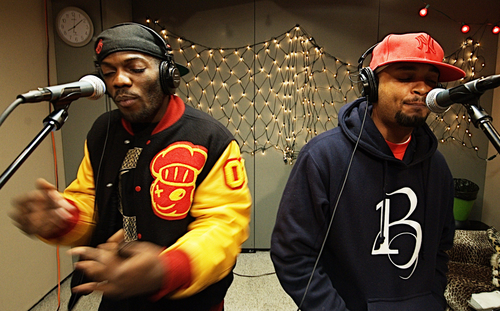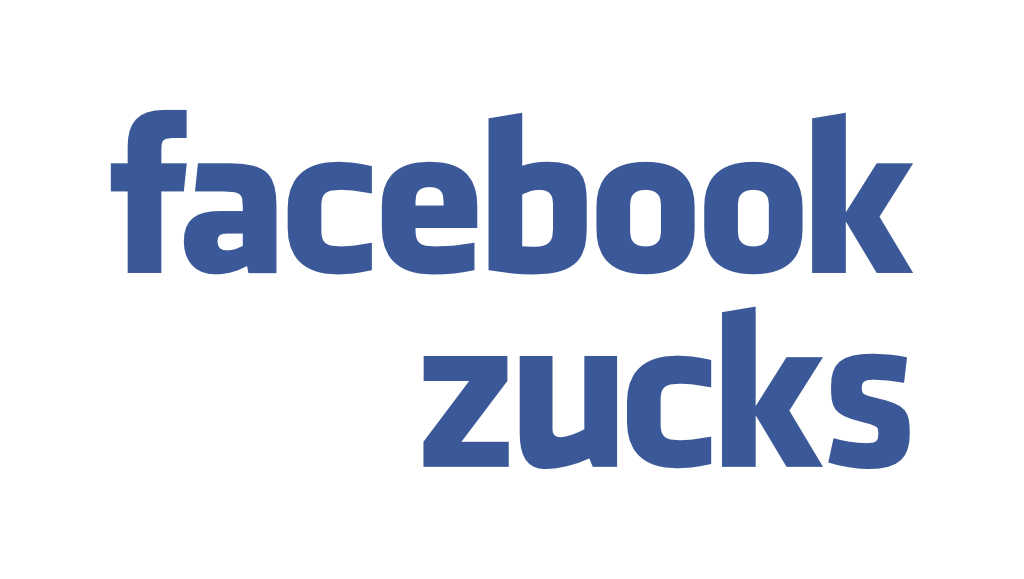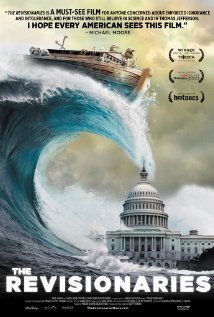The book Hanging Out, Messing Around, and Geeking Out is focused on the incorporation of media in youth learning. It takes a look at the educational opportunities embedded within technology, considering our youth live and die by their technologies. This book aims to reject “formal” education, and embrace the media constantly surrounding us. The problem with this is what the book calls the “intergenerational wedge,” which is the notion that previous generations are disengaged from these new forms of media and reject the belief that educational opportunities exist within these technologies.
In my assigned chapter, titled “Creative Production,” it addressed the learning opportunities in media production. It discussed how media sharing sites like YouTube, MySpace, and Facebook are places where youth have opportunities to acquire highly technical skills. For example, it mentions the “copy and paste” literacy acquired from making a MySpace page. In order to customize their site, youth learn complicated codes that they copy and paste to their page. The chapter understands that most of our youth engage in these forms of media production for social purposes, but it takes note that there are vocational skills available in these programs.
The problem I had with my chapter and the rest of the book is that it only took a look at the positives of new media and youth learning. It explained the opportunities for media self-expression, but it disregarded the deconstruction of media. My concerns are more focused on the repercussions of media usage, especially social networking sites. Sure, Facebook provides us with an opportunity to “connect” with one another, but is that truly what we use it for? I don’t think so. While too focused on the beneficial aspects of media, the book failed to address that social networking sites reduce personal privacy and encourage user vanity.
Isn’t this true? Why do we honestly use Facebook so frequently? And I don’t buy that people use it to primarily talk with their friends. Facebook has turned into a user-dependent site, where people log in to see what their own selves are up to. Hate to break it to ya Facebook junkie, but nobody cares about the 100-plus photo documentary of your Friday night at LaSalles (Comedian Jim Gaffigan puts it best, our photo-taking addiction: http://www.youtube.com/watch?v=RFV_ipnwrpc ).
I could go on, but in the event that most of you have loss interest in this post, I will shut up.
Sorry, this is the last thing I’ll say. I encourage you all to use Facebook less. See if you find that you are happier without it.




 Website:
Website: